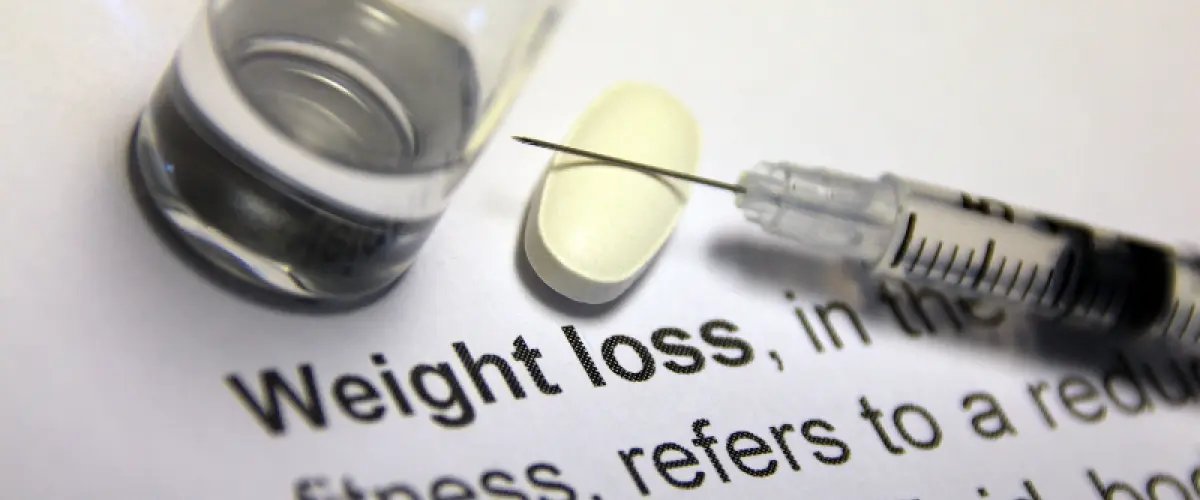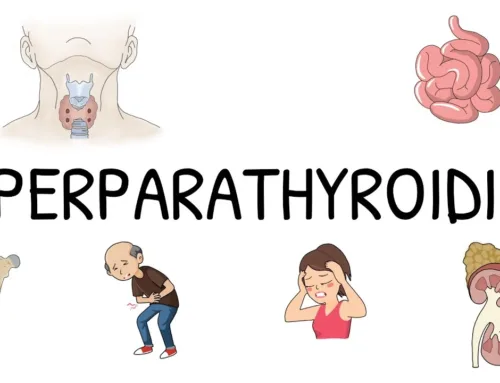It can be hard if you’ve been on a diet or tried to lose weight. But there’s one thing weirder than the physical effects of losing weight: The mental ones. Weight loss changes how people treat you, making things more complicated in unexpected ways. We asked our readers to share their stories about weird side effects they experienced after losing weight. These are some of our favorites:

1. Your brain changes.
When you lose weight, your brain needs more energy. This is because your brain uses more energy when working harder to process information than before. You may feel more irritable and anxious. You can also experience the “brain fog” effect that makes you feel like you’re not as sharp or that you’re not thinking as clearly as usual.
To help prevent these side effects, try exercising regularly and eating healthy foods with plenty of protein — which will also help keep blood sugar levels steady, so your energy stays consistent throughout the day.
2. People treat you differently.
You might feel like people are treating you differently. People might be more likely to talk to you, help you, and trust your judgment. If you’re in a happy mood, this could be a bonus. But if it’s an uncomfortable situation for you and people are doing things that make it worse—maybe they keep asking about your weight loss and commenting on how great it is—you might not enjoy this new way of being treated.
3. You might lose your hair.
You may not have considered this, but losing weight can cause major changes to the way your body looks, and sometimes those changes won’t be so pretty. One of the more common side effects is temporary hair loss—especially if you’re doing extreme dieting or exercise to drop pounds fast.
While there’s no evidence that extreme weight loss causes permanent baldness (or any other type of hair loss), there are things you can do now to counteract the damage in case it does happen later on down the road—and keep yourself feeling confident until then! But don’t panic: “This one isn’t permanent,” says registered dietitian Alex Brownstone. “The good news is that it usually stops happening once you’ve reached a healthy weight and your hormones are back in balance.”
4. It would help if you had new clothes.
- It would help if you bought a whole new wardrobe. It’s not the end of the world! Because you’re losing weight, your clothes won’t fit anymore. But it will be pretty awkward when you start wearing your new size-too-small jeans over a month before they’re supposed to come in.
- It would be best if you bought new shoes. Your feet shrink as part of the weight loss process, so shoes that used to be comfortable may feel tight or pinched if you don’t get them resized. And if you go from having almost no foot arch (which often happens with plantar fasciitis) to having an actual arch? Well, maybe those old flats don’t work for you anymore either—those things can give anyone blisters!
5. You’re super thirsty all the time.
If you constantly crave water or other drinks, it may be a sign that you’re dehydrated. As your body loses weight, it uses up more energy because there’s less to carry around. This means you’ll get hotter faster and more easily—sweat can greatly contribute to dehydration (trust us). If your thirst doesn’t go away with extra hydration, try adding more salt or fiber to your diet (you might also be eating too few calories). Some people find that upping their protein intake helps keep them full; others add healthy fats like olive oil or avocado slices on top of their salads for an extra energy kick.
6. It would be best if you changed your diet plans.
As you lose weight, your body will begin to burn more calories. You will want to ensure that you’re eating enough food so that it doesn’t think it needs to hold onto its fat stores. You should eat more protein, vegetables, and less processed foods, sugar, and soda to do this.
How much protein? One ounce per pound of weight each day (or anywhere from 100-200 grams). How many vegetables? Enough so that half your plate is covered with greens every time you eat a meal (roughly 2 cups). How much healthy fat? A tablespoon per 20 pounds of body weight daily (so if you weigh 150 pounds, consume 30 grams of fat daily).
7. People give you unsolicited advice (and not all of it is helpful).
When you’re losing weight, people will give you unsolicited advice (and not all of it is helpful). Some people will tell you to eat a diet, and others may recommend a new workout routine. If this sounds familiar, don’t feel bad—it’s common practice for people who lose weight to get advice from their family and friends about how best to do so.
It can be annoying when someone gives advice that isn’t useful or even harmful, but sometimes we need to learn from our mistakes before moving forward with our health goals. So in an ideal world, if someone wants us to try something new for our health and safety, that’s great! That said, sometimes the best thing for us might be not taking their advice!
8. You start feeling cold.
As you lose weight, you’re losing both fat and muscle. Fat provides a good insulating layer, while the muscle is more of an active heat generator. When you lose weight (particularly in the lower body), your skin will feel colder to the touch because it’s no longer covered by as much insulation from fat or muscle. This can make dressing for the weather more difficult; during cold weather conditions such as winter or below-freezing temperatures, you’ll probably want to wear warmer clothing than necessary if you don’t have that weight loss goal in mind.
9. Your skin changes.
You may experience the following skin changes during weight loss:
- Dry skin and a lack of elasticity. Weight loss often results in less body fat, which can cause your skin to lose some of its natural moisture. The result? It can become dry and flaky (like what happens in winter when you don’t moisturize sufficiently). As a bonus, when your body metabolizes energy more efficiently, it converts less water into a sweat. So even though you’re losing weight, you may not necessarily be sweating as much either—and that could lead to drier-than-normal patches on your face, hands, and feet!
- Increased sensitivity due to lower estrogen levels (this is especially true for women). Estrogen helps protect against sun damage by producing melanin pigments in the epidermis; when these levels drop with weight loss or other factors like going through menopause, it becomes easier for UV rays from the sun’s rays to penetrate deeper into the skin and cause damage—including signs of aging such as wrinkles and age spots. This increased sensitivity can also make certain topical medications more irritating than usual if used without being properly tested first; talk with your doctor about any alternative options before trying any new products out on yourself!
10. Your body starts to hurt in strange places.
As you lose weight, your body starts to hurt in strange places. Strange and scary ways. Here’s a quick list of the most common aches and pains that people report when they’re losing weight:
- Muscle aches and pains
- Joint pain
- Back pain (especially the lower back)
- Knee pain (especially when doing squats)
- Foot pain (usually heels or toes)
It can be tempting to stop working out completely if you notice these symptoms. But don’t! The best thing you can do is keep moving forward with your workout routine! These temporary side effects dissipate after a few weeks as your body adjusts to its new shape.
11. Your friends start to worry that they’re not thin enough.
When you lose weight, some of your friends might get jealous. If they’re thin themselves, they may start to worry that they’re not thin enough; if they aren’t, they may be worried about their health and whether their weight is causing health problems. Your friends may even be worried about yours!
It’s important to remember that these feelings are only temporary and will pass once people have time to adjust to the changes in their appearance. This can be particularly true if a friend has never been on the heavier side and has always struggled with dieting—they might need time to deal with their body issues before coming around and accepting yours for what it is now.
12. Your sex life improves dramatically (or maybe not at all).
Sex is often better after weight loss, but not always. Some people are surprised to find that their sex lives improve dramatically, but other people don’t notice much of a difference.
One thing that could happen post-weight loss is having trouble getting aroused or having an orgasm. If this is the case for you, it’s important to talk with your partner and figure out what’s happening since it’s probably not just about losing weight—it could be related to other factors like stress or fatigue. It will most likely improve over time as your body adjusts; give yourself some patience!
Losing weight can be tough, but it’s worth it.
Weight loss can be a difficult journey. But it’s worth it, and the more you know about what to expect on your way to your ultimate weight loss goals, the better you’ll be prepared for any challenges that may come up along the way.
The best part about losing weight is that you’ll also see positive changes in other areas of your life. You’ll have more energy and feel better about yourself—and when those things happen, so does everything else!
Conclusion
As with everything else, it’s important to consider both sides before making any decision – even as important as losing weight! In this article, we’ve covered some of the weird side effects of weight loss. Some are positive and negative, but all are worth knowing about before you change your body.




Leave A Comment